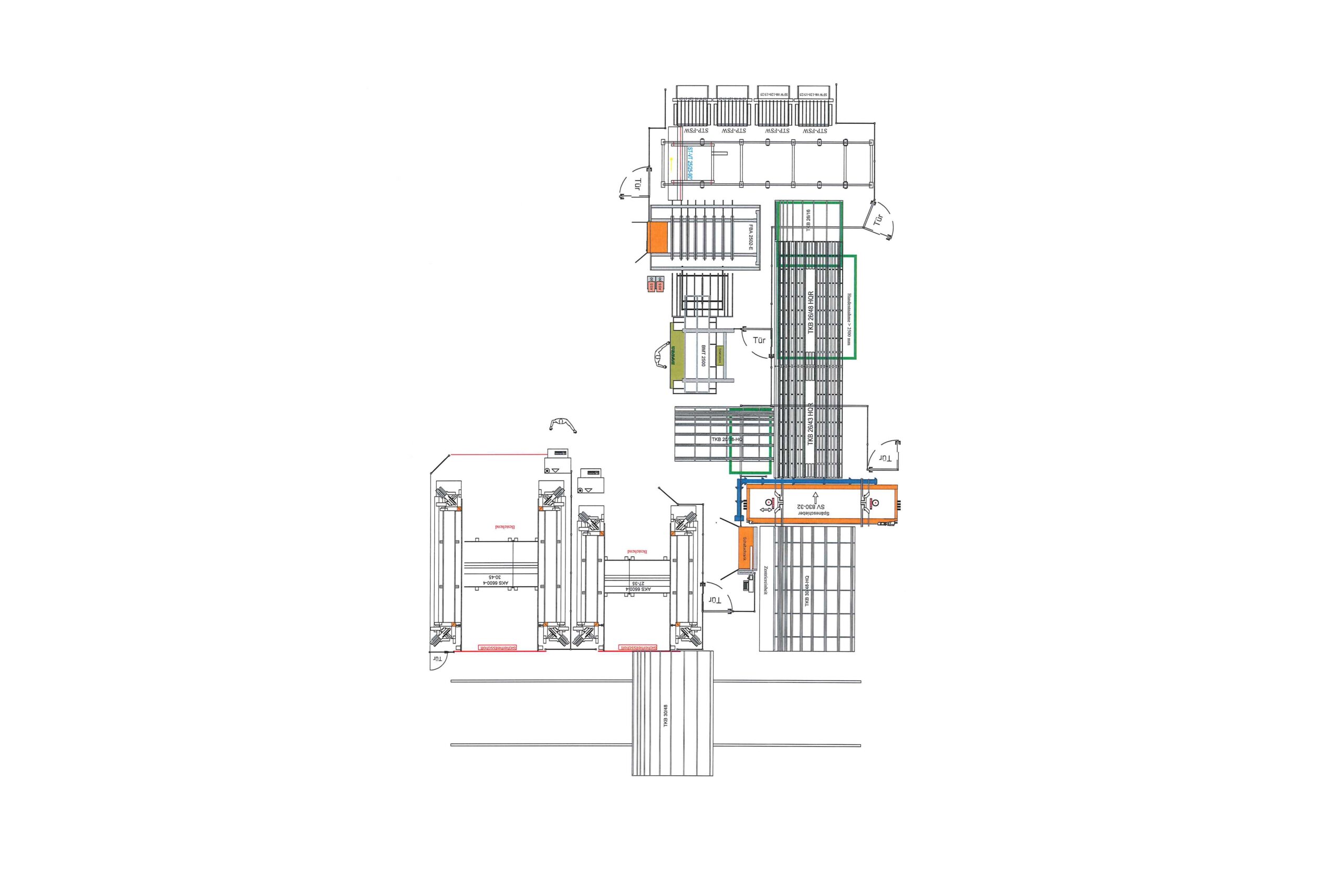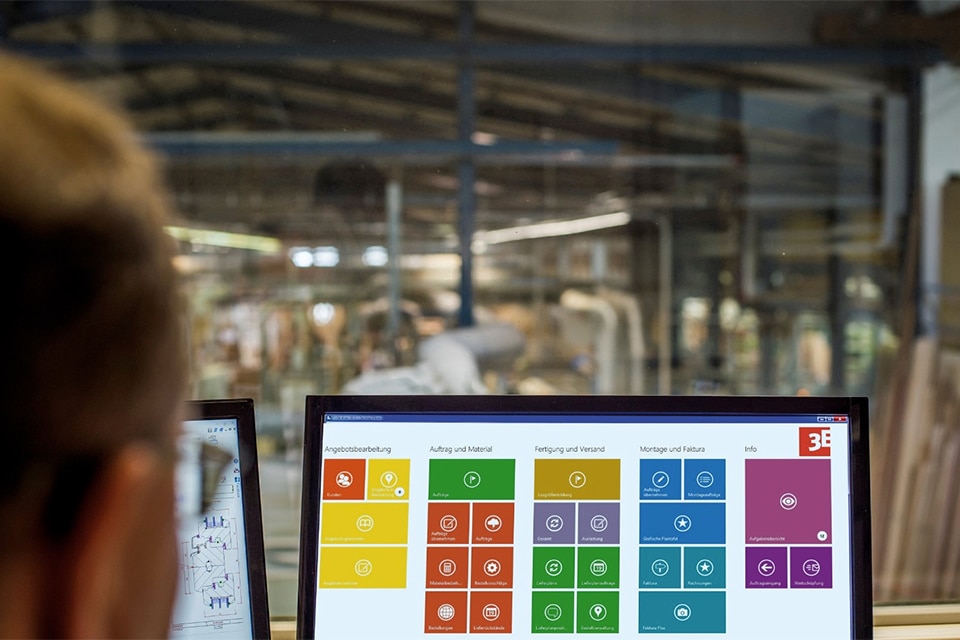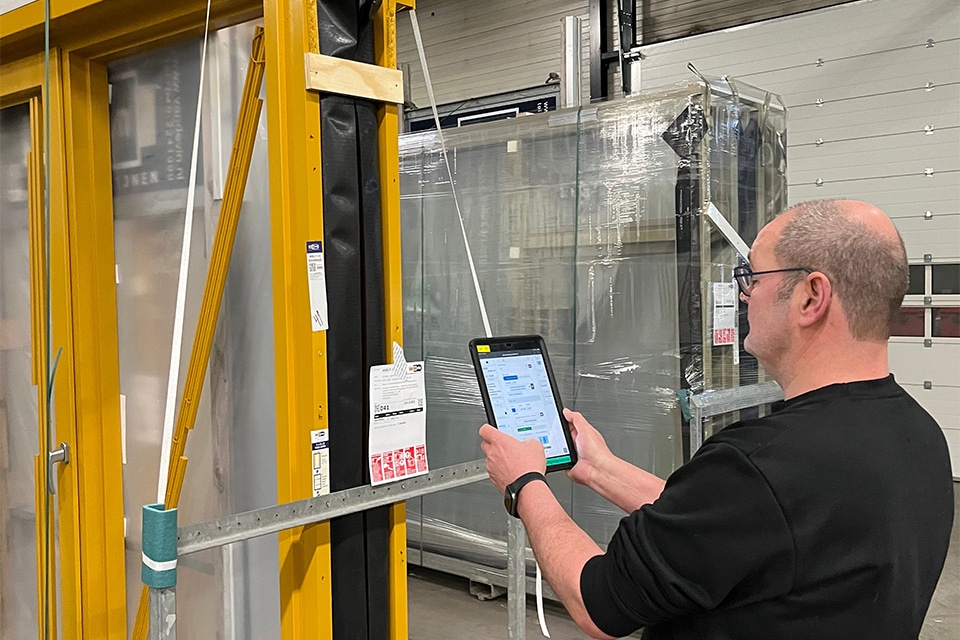
ERP systems for project-based enterprises
Project-based enterprises require an ERP system in which the outcome and process are optimally covered and can run more efficiently.
Project-based businesses can be found in almost every industry. NGOs, architectural firms, construction companies or engineering firms, they all work in part on projects. The challenges facing all these enterprises are just as multifaceted. Project costs must be calculated and managed, profit margins taken into account and expectations of clients and their own employees fulfilled.
These are just a few of the challenges and, depending on the industry, several others are added. ERP systems help address all these challenges in a modern and smart way. How exactly these work, what the benefits for project-based enterprises are and why one should think carefully about choosing a suitable ERP system, we would like to explain in this article.
Definition - what is an ERP system?
ERP is the abbreviation for Enterprise Resource Planning and generally describes the task for an entrepreneur to optimally and efficiently utilize all resources available to the enterprise. Such resources may include personnel resources in addition to the actual work materials such as tools, machines, vehicles and raw materials to be processed, products, etc.
An ERP system is nothing but a solution for that - the optimal use of all resources for the enterprise. In the process, solutions have become smarter and more intelligent over the years. All processes involved in an enterprise are reflected and optimized in ERP systems.
From account preparation to project planning to employee vacation planning, efforts should be made to create as complete an overall picture of the business as possible. In the process, many of these processes are being simplified and optimized.
Basically, an ERP system bundles all of a company's data in a central location and in this way connects a company's separate isolated processes and departments in a time and cost-saving manner.
For project-based enterprises, several specific ERP solutions can be found on the market, which cover the requirements of these organizations in the best possible way. Here, we would like to take a look at some of the essential functions of an ERP system for enterprises operating in such a way, determining its concrete usefulness.
The quintessence of everything - data
By centrally storing data, an ERP system can peer on this and determine new exciting connections. In this regard, data quality plays a decisive role. If the data is traffic or faulty, its potential cannot be fully exploited. For project-based enterprises, in addition to the general business data, this refers especially to the project data, which may be unsorted on various computers in an enterprise.
Currently, not even 5% of the project-based enterprise are using the data from past projects to create a suitable data base for upcoming projects.
In addition, this data can provide valuable insights for future projects. Through the analysis, it can be determined where crises occurred in the past, which resources were depleted and which did not, etc.
Errors that occur can be taken into account as much as best practice models. With a project-based ERP, calculations for effort can be created that show where project lead times have been underestimated in the past, where efficiencies have already yielded results and how best to allocate resources.
Individualizable dashboards create this overview
The data provide the basis for working with an ERP system in the present day. In particular, historical project data helps with current ongoing projects. These can be easily and conveniently monitored live via dashboards. Many times, several projects run in parallel side by side and need to be coordinated at the same time.
For the individual projects, the relevant process steps are displayed in a user-friendly and clear manner, so that the respective status of a project can be monitored. In addition, the general functionality of an ERP system allows any employee with access rights to edit the relevant data so that everyone can work with the same information. This improves communication effectively, speeds up processes tremendously and reduces errors.
Management can monitor all projects simultaneously, ensuring that everyone is following their timeline. If a project gets stuck at a certain place, it can be quickly recognized why and which employee is responsible. For example, if the latter is sick, the central valid data allows another employee to take on this task. This ultimately ensures that deadlines are better met and project costs can be contained.
Designing projects more easily and efficiently
A concrete project schedule is always the first step in preparing an offer. With the data from past projects, many processes in preparing the offer can be easily automated. In addition, the available resources can be determined immediately and the ERP system can compare stocks, materials and personnel resources for each request so that it can be seen immediately whether a project can be realized within the time set for it and what additional steps might be required to achieve that.
An ERP system additionally helps with the precise data for offer phases in project tenders, for budget planning and management also in determining the time and settlement of a project. Because if an offer wins, the parameters offered in the offer can easily be transferred to the project planning. All these optimizations ultimately lead to better cash flow and overall higher profitability.
Managing customer relationships better
An ERP system usually also integrates customer relationship management functions. However, so-called CRM systems often also come as standalone solutions, but usually only gain their full power when combined with an ERP system.
In a CRM module within an ERP system, special customer files are created where various contact dates and all historical touch points with the customer are displayed. This has many advantages. Customer inquiries can be processed and answered significantly faster, regardless of the employee involved.
In addition, by linking to the ERP system, customer data can be quickly analyzed and new insights about the customer found. This ultimately provides a decisive advantage in the race to a tender. Especially in larger projects, it is not always the cheapest who wins, but rather the one who is able to convince the customer completely. Precisely for this, a CRM module for project-based enterprise is almost indispensable.
Cloud or local and where is the difference?
An important question when implementing ERP systems is the question of how it should be integrated into an enterprise. There is no clear answer to the question for or against a certain way. Rather, several factors determine this decision. Locally implemented ERP systems cause comparatively higher initial investment but then have lower fixed costs. But the maintenance and installation of the system then rests with you.
If one chooses a system from the Cloud, there are no maintenance activities and one can start the system directly via a web client. Here, however, the monthly license fees are often higher and a system cannot always be individually tailored to the requirements of the company. Whatever one ultimately chooses, one should know that this is a far-reaching decision for the entire way of working in a company.
Just as far-reaching as choosing the right provider. There are numerous software manufacturers and service houses on the market that specialize in ERP systems for particular industries. A charge sheet helps to find the right provider who can execute the ERP project while also helping to keep in mind the own goals that an ERP wants to achieve.
ERP systems for project-based enterprises additionally have various functions such as messaging functions, capacity planning, logistics and financial management, tool administration, error management, relationship administration or also labor time tracking etc., which when played together correctly add tremendous value to an enterprise.




